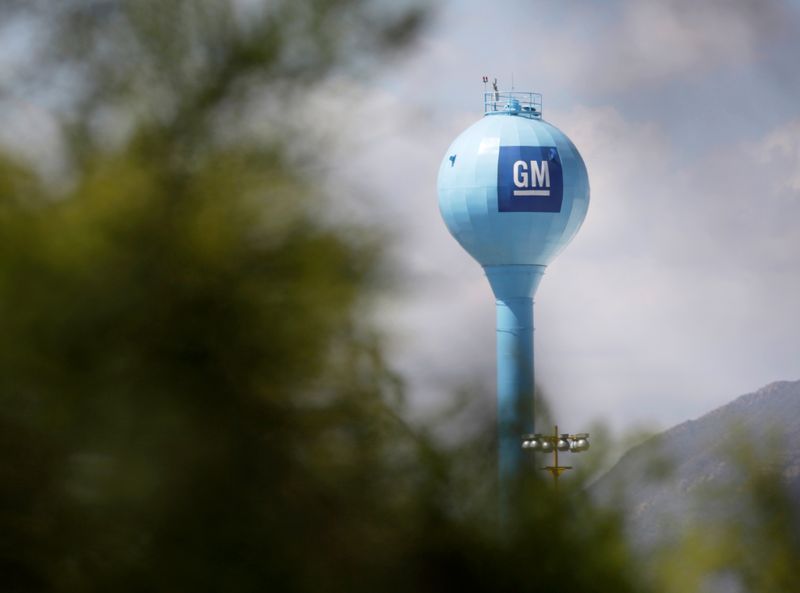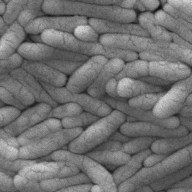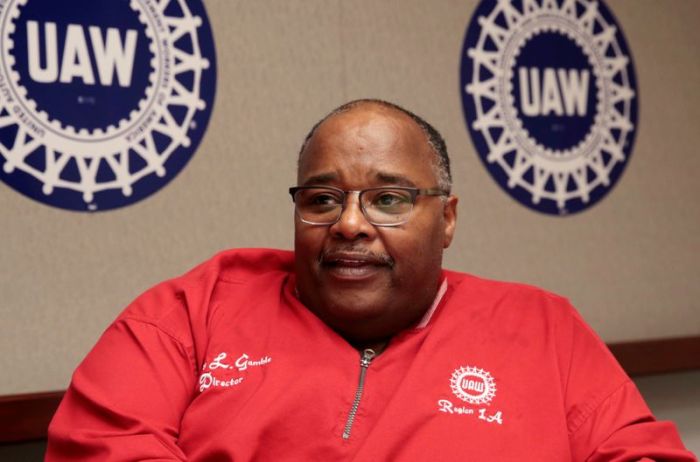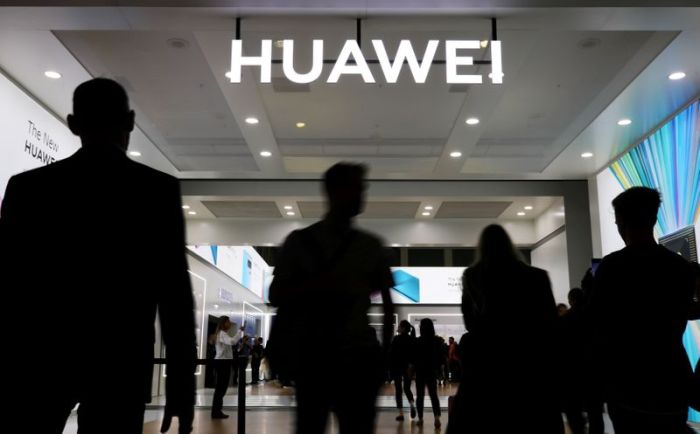WASHINGTON (Reuters) – Ohio Attorney General Dave Yost said Tuesday that General Motors Co should repay $60 million in state tax credits after it closed its Lordstown Assembly plant in March 2019.
In a brief to the Ohio Tax Credit Authority, Yost said GM in 2009 agreed to maintain operations at its northeast Ohio plant through 2028 and retain 3,700 jobs through 2040 in exchange for the credits. “We demand the money that is rightfully owed to Ohio – no more, no less,” Yost said in a statement.
Yost’s filing said GM did not fulfill its contract. “Does any rational person believe that, if the shoe were on the other foot, GM would shrug and walk away from $60 million it paid under a contract when the other party chose not to deliver?”
Yost cited a 2019 study that GM’s Lordstown closure resulted in the loss of nearly 8,000 jobs and more than $8 billion in local economic activity, while the local school district had relied on the plant for 10% of its budget.
GM said Tuesday it “has demonstrated its commitment to Ohio through our investments of more than $3.3 billion in Ohio since 2009 … We look forward to continuing our dialogue with the state.”
As recently as 2016, GM employed 4,500 people at Lordstown and cut the final 1,500 jobs when production of the slow-selling Chevrolet Cruze ended.
GM sold the plant to an electric vehicle startup Lordstown Motors that hopes to begin production next year with a few hundred workers.
GM and LG Chem are investing $2.2 billion to build a battery cell manufacturing plant in Lordstown that will create 1,100 jobs.
Ohio Governor Mike DeWine told reporters last week the state does not “necessarily have to get that cash back but what we do want to see is things that promote jobs in Ohio … We’re not actively pursuing a clawback.”
(Reporting by David Shepardson, Editing by Franklin Paul and Tom Brown)



















